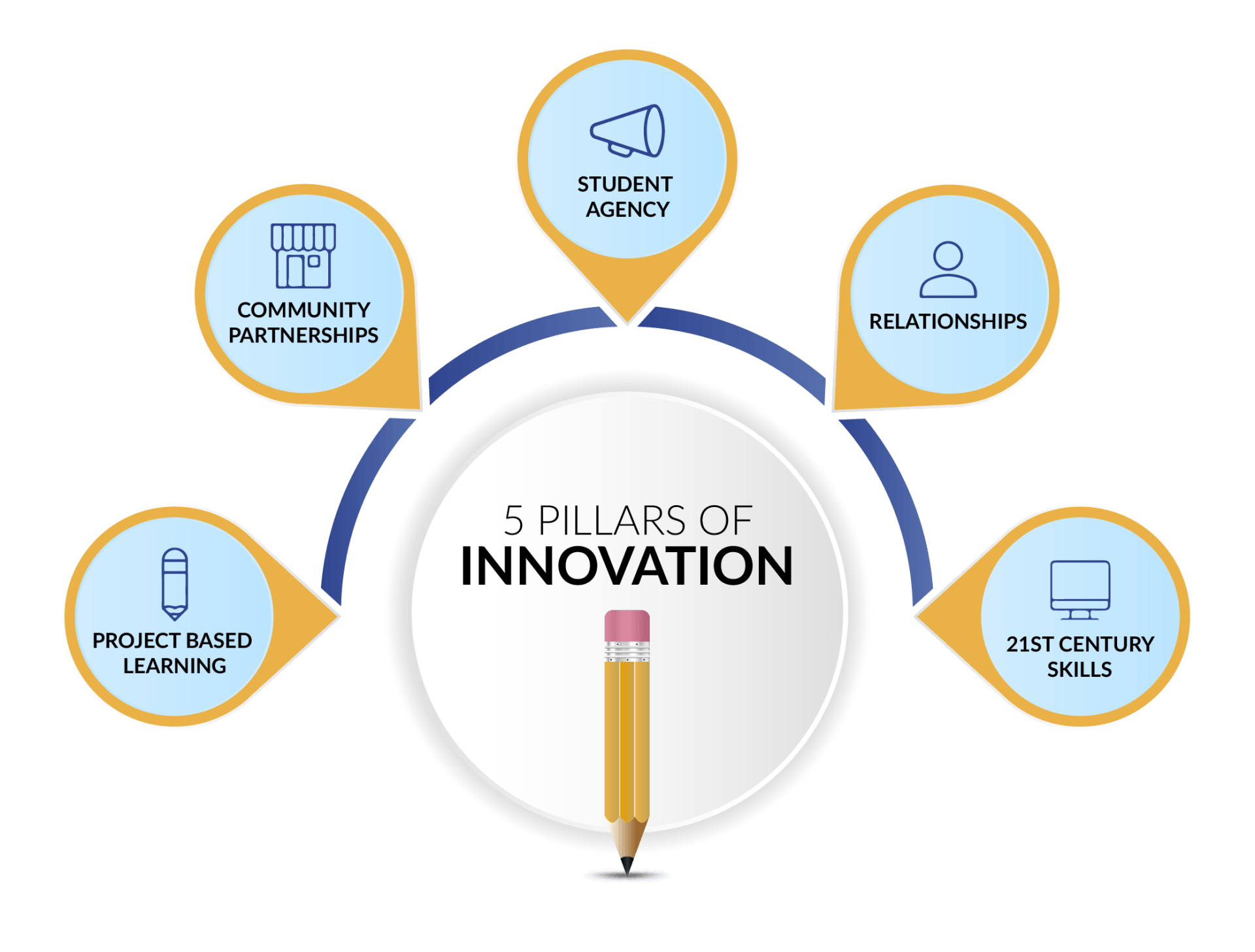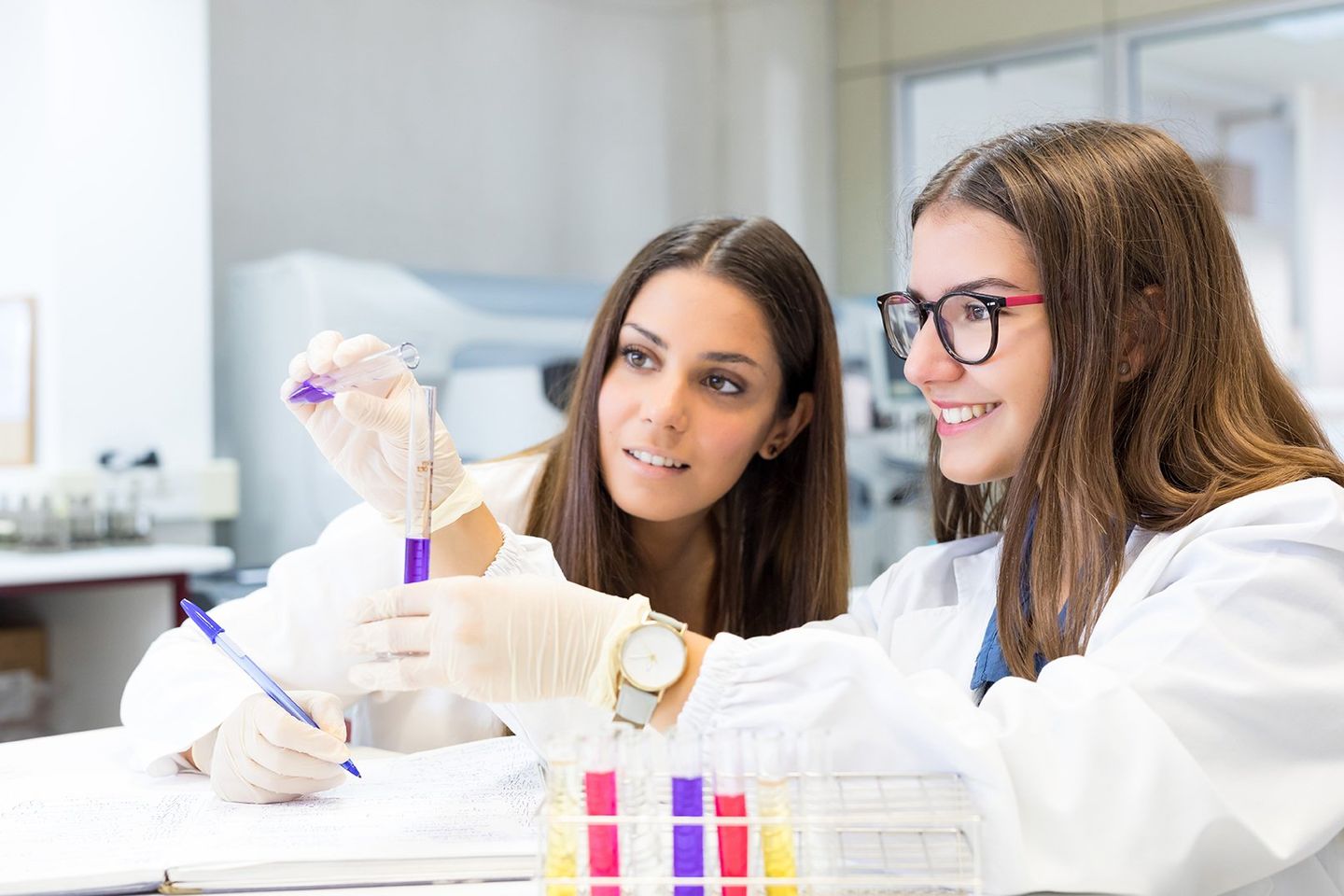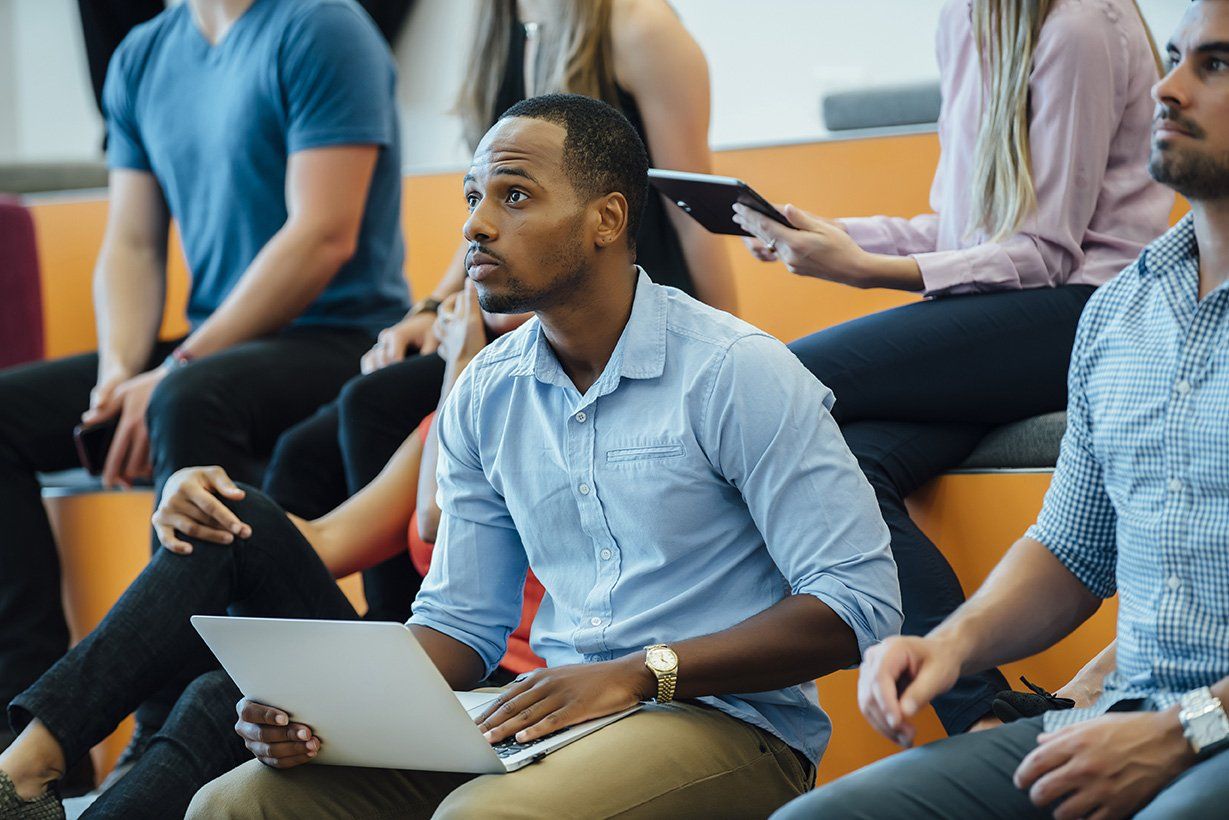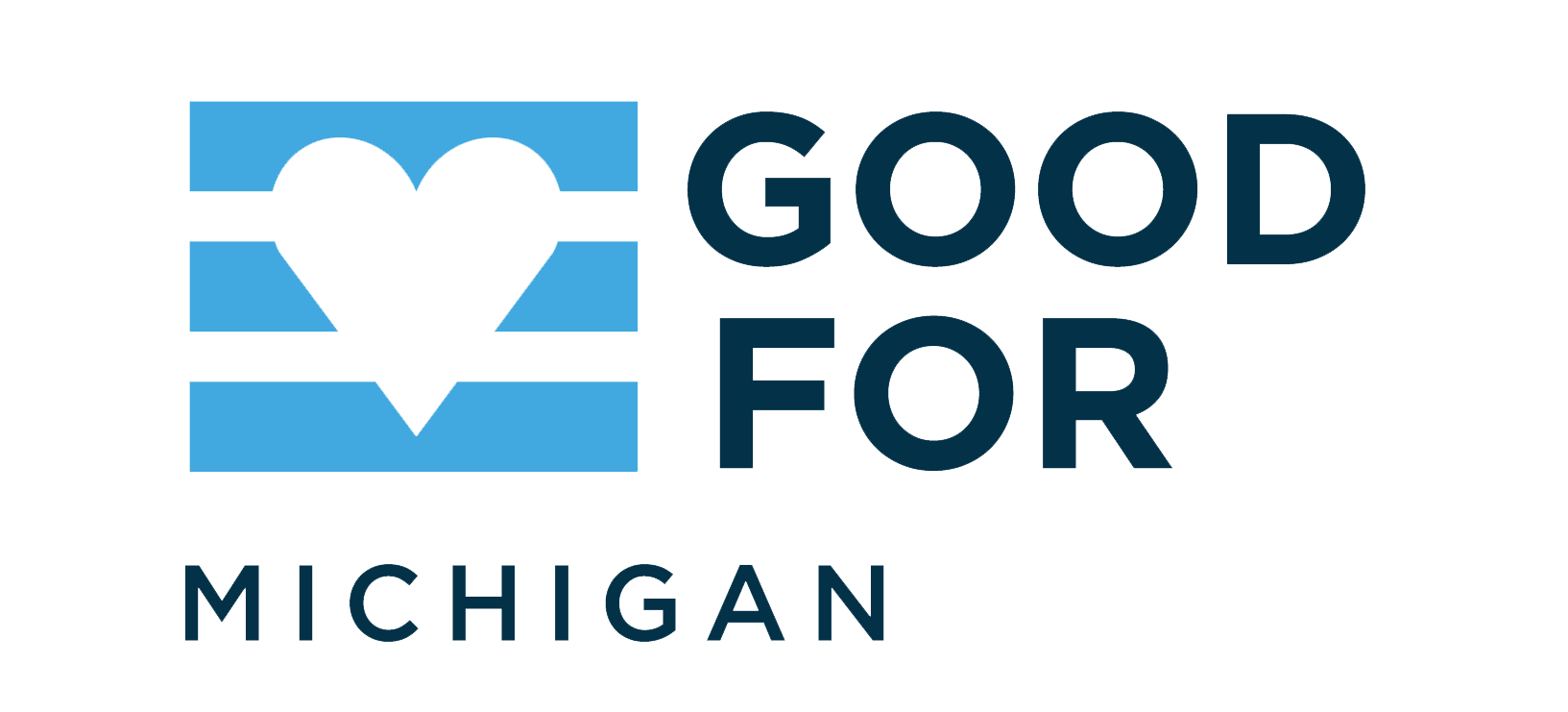Education Model
Why the FlexTech Education Model?
Project Based Learning
Community Partnerships
Student Agency
Our educational model cultivates student agency so that students learn how to take an active role in their education. What do we mean by student agency? In short, agency is when students engage in meaningful decisions and processes related to their learning. To elaborate on these processes, we subscribe to Education Reimagined’s definition of agency that includes four student actions: goal-setting, action towards goals, reflection and revision, and internalized self-efficacy. Some examples of student agency at FlexTech include having voice and choice in projects, designing flexible course schedules, and participating in student-led committees to influence school culture.
Relationships
21st Century Skills
All Rights Reserved | FlexTech Education | Website Design by Behind Your Design








